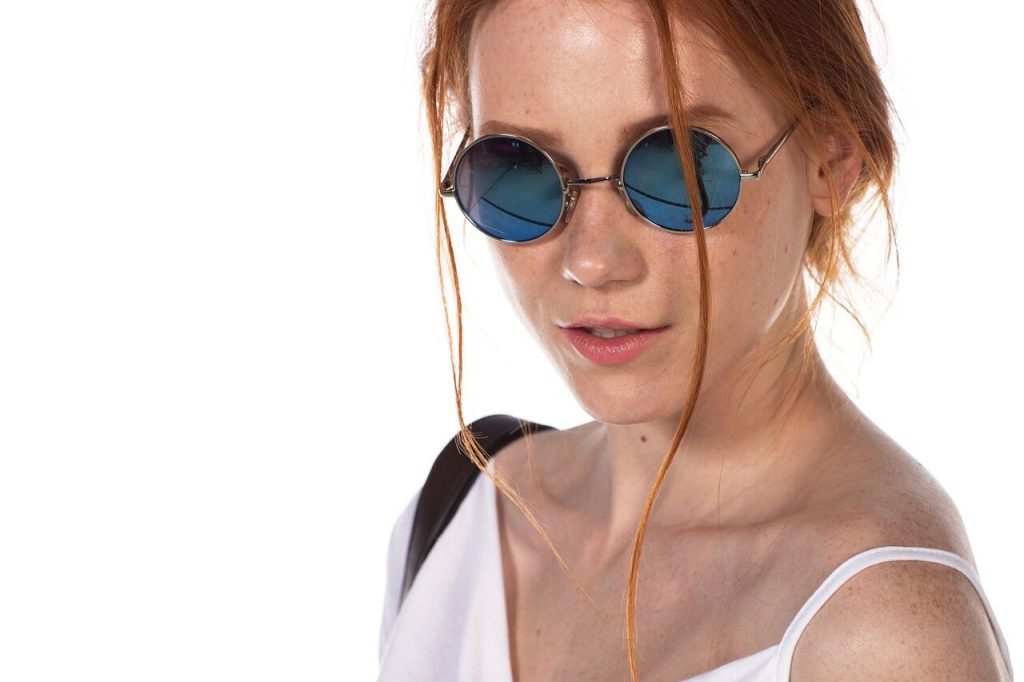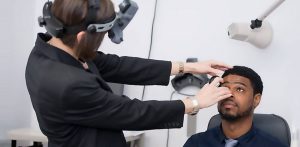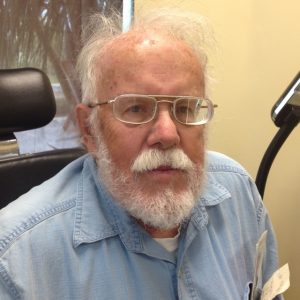Up to 90% of people experience vision problems after experiencing a concussion.
The symptoms that persist following a concussion are collectively called Post Trauma Vision Syndrome (PTVS). In most cases, the eyes are physically healthy but not communicating properly with the brain, this is very common following any type of traumatic brain injury.
The eyes are controlled by the brain, so when someone suffers from an injury to the brain, whether it is a car accident, stroke, or concussion, the visual system can be significantly impacted causing a range of life-changing symptoms.
Neuro-optometric rehabilitation can help relieve the disabling post-concussion symptoms.
Schedule an appointment with a vision therapy eye doctor to start your neuro-optometric vision rehabilitation program.
SEE RELATED: Sleep Apnea, Concussion and Vision
What is neuro-optometric vision rehabilitation?
Neuro-optometric vision rehabilitation focuses on different visual disorders that occur as a result of developmental delays, brain injuries, or concussions.
During primary treatment of a brain injury, visual problems often go unnoticed, as a regular eye exam may not show the extent to which the visual processing and functioning of the eyes has been affected.
A neuro-optometric consultation goes beyond a regular eye exam, as it involves in-depth testing to analyze the communication between the visual system and the brain, and how the injury affects daily tasks, such as balance and movement, reading, and more.
Neuro-optometric rehabilitation therapy is a non-invasive program to rehabilitate vision, the integration of vision with other senses, visual-motor disorders and visual information processing.
Treatment usually involves a customized vision therapy program, optical prisms or therapeutic lenses. Computer-based activities specifically designed to improve the neural functioning following a TBI may also be prescribed.
When vision therapy is used as part of neuro-optometric rehabilitation it helps redevelop brain-eye communication, allowing the patient to learn how to regain control of their visual system and improve their quality of life.
Common post-concussion symptoms
Typical symptoms that are experienced after a concussion may include:
- Headaches/migraines
- Double vision
- Dizziness
- Difficulty reading
- Nausea
- Difficulty focusing
- Difficulty with coordination, balance
- Sensitivity to light
- Poor depth perception
If you experience any of these symptoms post-concussion, contact a vision therapy eye doctor near you.
Vision problems associated with brain injuries can be disabling, as they often affect:
- Eye focusing
- Eye teaming
- Eye movements
- Motion sensitivity
Neuro-optometric rehabilitation treatment
Treatments will vary for each individual as every injury is unique.
Some types of treatment include:
- Patching – Placing a patch on one eye or part of the visual field of one eye. This helps eliminate double vision, a common symptom post-concussion.
- Prism Lenses – As part of a vision therapy program, prisms are often prescribed to help eliminate binocular vision problems such as double vision. In addition, they are used to treat poor balance, which is another common symptom post-concussion.
- Specific Prescription Lenses (Glasses)– These lenses help enhance visual comfort and clarity. They also help compensate for the damage done to the neural system
- Vision Therapy – This is a personalized program that improves the communication between the brain, body, and eyes. A vision therapy program focuses on improving visual skills such as hand-eye coordination, eye tracking, peripheral vision, focusing, and depth perception.
Following a brain injury or a concussion, a customized neuro-optometric rehabilitation program could be what you have been looking for.
LEARN MORE: Guide to Neuro-Optometry
If you have experienced a concussion, it is recommended to contact a vision therapy eye doctor to learn more about neuro-optometric rehabilitation – it might just change your life.










